(Royal) Lads on Tour, 1623
With Europe on the brink of a catastrophic religious war, two of England's most princely bros have come up with the perfect solution—a road trip
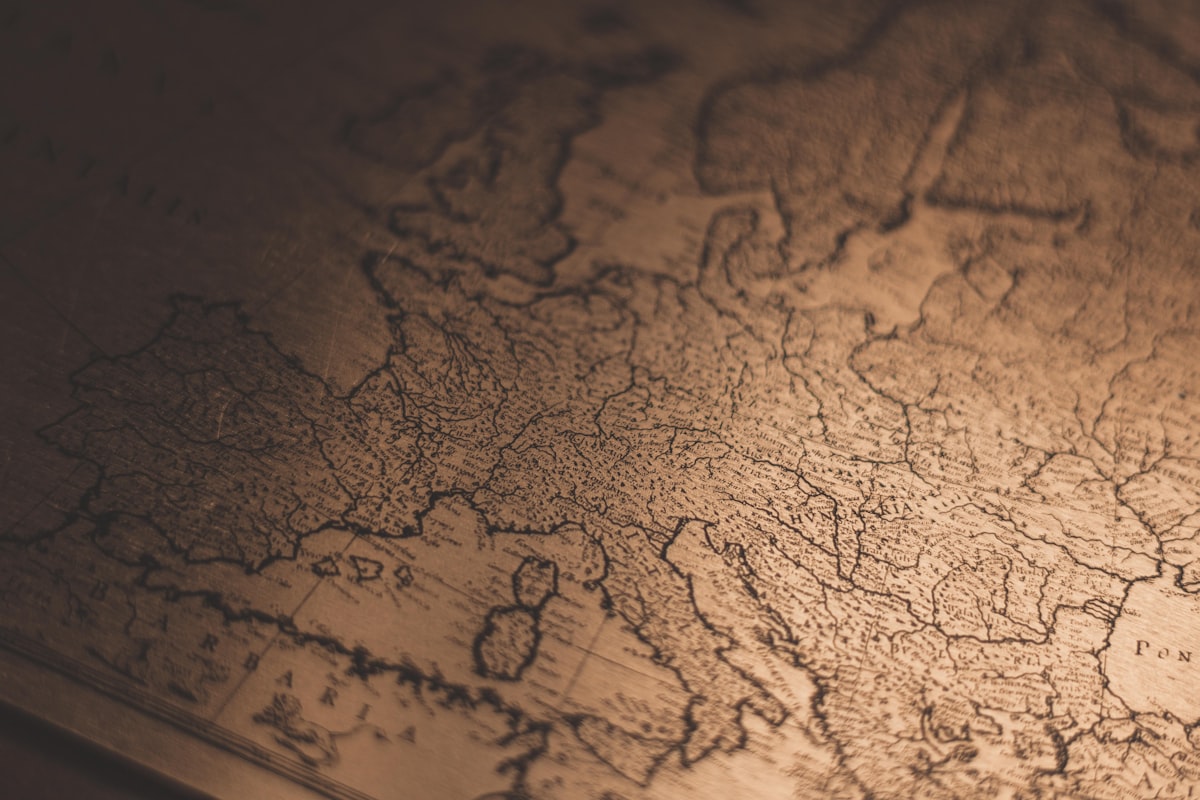
Let's open with some narration: Europe is on the precipice of a major rupture—the violent and terrible ordeal that has come to be known as the Thirty Years’ War, in which Protestant and Catholic powers ruined the prosperity of Central Europe for generations. A war nominally of one religious sect against another which will rapidly magnify into a continent-wide struggle for political primacy. France, Spain, and Austria are the foremost Catholic powers, but Spain and Austria are united by the Hapsburg dynasty, making France very nervous about their power. Britain, Sweden, and large swathes of the Holy Roman Empire (nominally overseen by the Hapsburg emperor) are Protestant.
King James (of Britain)'s daughter has married a powerful German protestant nobleman, the Elector Count of the Palatinate… and that union touches off a powder keg when they accept the crown of Czech Bohemia (also Protestant) over the wishes of the Catholic Emperor, Ferdinand. Ferdinand crushes them militarily, provoking a crisis in the Empire and risking a general war. James, frequently broke, seeks alternative political means to avoid entanglement in a spiraling war. His envoys have spent years dreaming up a match between his son and heir Charles and the Infanta Maria of Spain, daughter of the powerful Spanish monarch. If he can unite his protestant house with the Most Catholic (and, happily for his finances, absolutely loaded) dynasty of Spain, perhaps he can exert the political pressure needed to restore his daughter’s family fortune and avert an escalation of religious war on the continent. But talks are not going very well: the Pope objects, Spain is unsure if Maria would be safe in Britain, and so on. Both his son Charles and his official court-favorite-slash-boy-toy about the palace Buckingham[[1]] are anxious to get on with it. You see, they’ve heard that the princesses of Spain are the most beautiful women in the world, and their bro-ish hearts conceive of an adventure that just might sweep Maria off her feet and be a lot of fun in the offing.
They’re going to go on a road trip. Through hostile Catholic France and then Spain. Incognito. Without telling anyone. It’s going to pop off, and when they get to Madrid Maria’s going to be so impressed she’ll swoon right into Charles’ waiting arms, and he’ll gallantly ferry his hot young bride home.
“Now hang on a minute” you might say. “Don’t royal visits entail a great deal of formality, pomp, and circumstance? Isn’t it a bad idea for the heir and lover of the king of a rival power to jaunt off through hostile territory on the eve of a major international war?”
Oh, yes. Yes it is. But never fear: Buckingham and Charles have this alllllll figured out.[[2]]
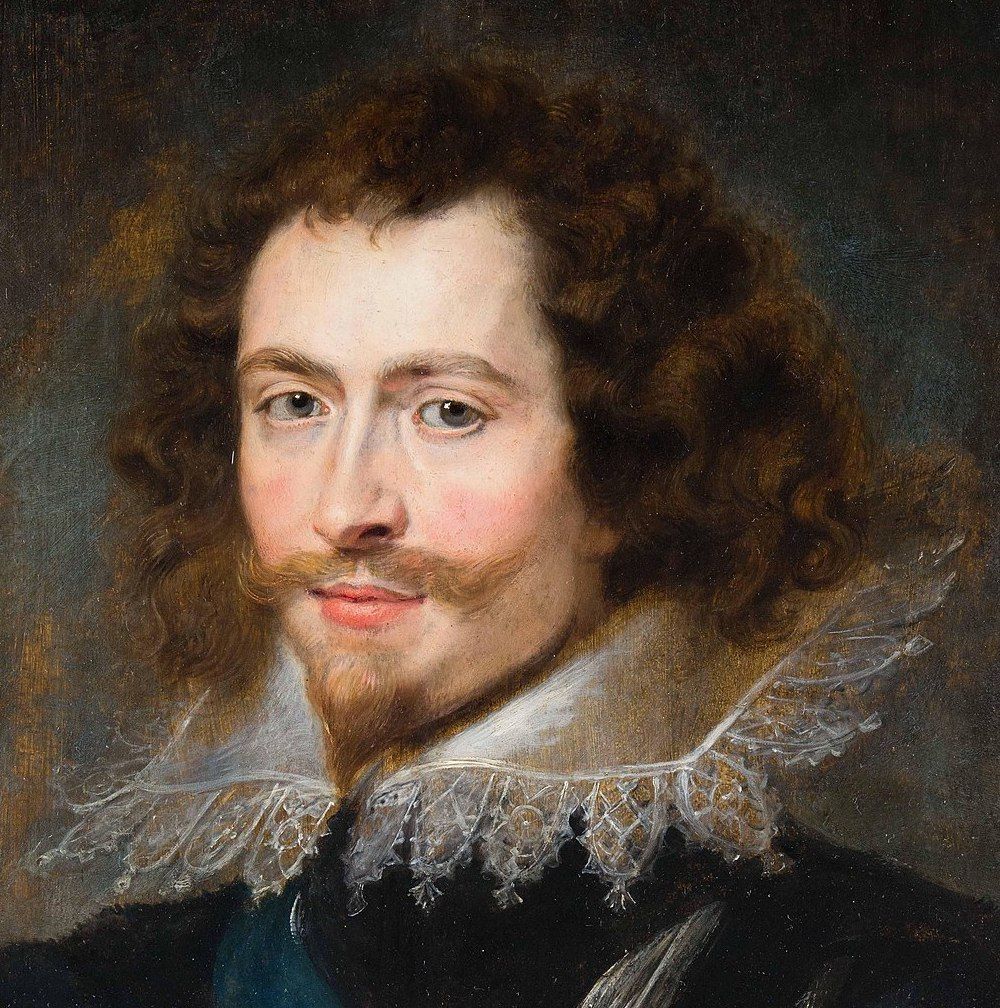
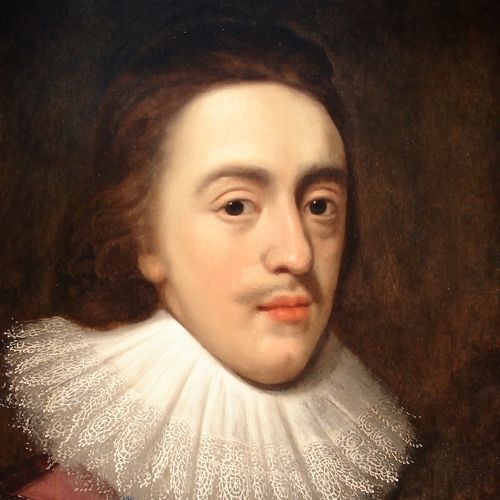
Sometime in early 1623...
Knowing that they at least need to get King James on their side, the lads approach him about their quest. Naturally, he’s a little skeptical of the plan, but he’s also a passionate and tender-hearted guy. He refers to the both of them in letters as his “sweet boys” and “dear hearts”. Plus, they draw a parallel to James’ own marriage, wherein he personally sailed over to Denmark to pick up his new bride. You can almost hear that scene play out. The difference in James’ case is that the marriage contract was signed and sealed, and the wedding party needed to overcome no major international political and religious differences. But James cracks—he never was able to say no to Buckingham—and agrees that they may go out on their Great European Road Trip.
Naturally, he quickly has a change of heart once they set about their preparations, but they guilt-trip him into acquiescence. You can almost hear the weedling “but you promised! How will either of us ever be able to believe you again!?”
We Get On The Road, and Then Off It
On February 17th, 1623, our two heroes set off, having undertaken a crash course in espionage tradecraft: they decide to adopt the identities of “Thomas and John Smith” (why is it always "Smith"?), and wear fake beards specially purchased for the trip. To demonstrate their commitment to the bit, they take only a single servant with them: Buckingham’s aide-de-camp Richard Graham. Impenetrable disguises and totally legit false names in tow, they set off for the coast, where they have sent an advance team: agents of theirs are there figuring out how to book passage to France.
Disaster assails the party almost immediately: confronted with the challenge of hiring a ferry to cross the river at Gravesend, they discover that they’ve only packed gold coins. It turns out even a single gold coin is way more than you need to buy normal stuff like a ferry ride, so much so its not like the ferryman can easily make change. So they overpay for the ferry like whoa and just hope for the best. The ferryman is gobsmacked and after dropping them off, he hies rapidly into town to alert the authorities that a couple dudes who were no doubt still practicing new names have given him a suspiciously large sum of money. Best case scenario, they're headed somewhere to fight a duel, and ought to be persuaded to stop. Worst case, they're foreign spies headed towards England’s naval operations on the Channel Strait. A party is sent after them.
They manage to stay ahead of the pursuit for a while but, whilst pounding along the country lanes they—by complete happenstance, it seems—come across nothing other than the French Ambassador’s coach. No mere fake beard will be sufficient to deceive a diplomat with intimate knowledge of their real identities! So they leap the hedgerows and proceed a merry cross-country steeplechase to Canterbury—but this diversion does allow their pursuers to arrive in town ahead of them. As they try to exchange horses (no doubt offering gold coin in payment once again) a trio of officials catches up, and arrests them in the King’s name!
We are told that Buckingham saves the party and the road trip here by tugging his false beard down, laughing, and protesting “it’s us, it’s me—the Lord High Admiral, we’re going to the big naval base to do a surprise clandestine inspection”[[3]] Yeah, that’s the ticket! With “much ado” about the ploy, he manages to talk the officials out of confirming this story with James, who appears to have begun to fear that he’d signed off on something perhaps dangerous and/or foolish here and would not at this early juncture have minded intercepting them.
And so the show rolls onward to Dover where they meet their “advance team”: one Baron Hemworth and a gentleman with the wonderful name of Endymion Porter—the latter of whom, our primary sources note, was a particularly valuable member of Team Road Trip because he spoke Spanish. They're taking one guy who speaks Spanish with them on a Royal Road Trip to hostile Spain. Phew. The boat ride across the channel to hostile France is not to any aristocrat’s liking, but they remain undeterred: they will take the scenic route to Spain and swing by that most famous of cultural capitals: Paris.
Ah, Paris! In the springtime!
On arriving in France, our heroes do much as you or I would do and board a public transit option (in 1623, this is a coach service) to take them to the big city. Again, by sheer happenstance, the other occupants of this coach are a pair of German merchants who are traveling home from London. German merchants who are passingly familiar with two of the most famous people in England. Who no doubt grow suspicious as the miles roll slowly by and they sit face to face with men in fake beards who are probably speaking English. Luckily, Richard Graham appears to have been an excellent debater and puts the following to the logically-minded Germans: it would be flatly ridiculous, not to mention exceedingly unlikely, that the Crown Prince of England and the Lord High Admiral, etc. would do anything so rash and silly as to take public transport across France on a road trip to Paris. Surely nobody of their intellect would believe such a yarn?
We are told that the merchants grudgingly accepted the faultless logic on offer. Nevertheless, the Royal Road Trip Team dismount the public coach at the next stop and make a new rule: no more public transit. They do, after all, have sufficient gold on hand to simply buy a carriage and team!
They also appear to have accepted that fake names and fake beards weren't getting the job done, when they get to Paris they acquire new wigs to complement the beards. Disguises now leveled up, they determine to spend a busy day taking in the sights and delights of the famed city. They infiltrate the Louvre (then merely the royal palace) and manage to watch the king of France and the queen mother have lunch in the palace while getting comfortable in their disguises. They're pretty sure the former French ambassador to England—on hand that afternoon—didn’t see through them.
Remembering that Anne, the Queen of France, is the sister of the coveted Maria, they decide it's vital to catch a glimpse of her royal highness before leaving. And so that evening finds them sneaking into another section of the palace to take in a ballet rehearsal in which the lady in question was involved, alongside the young Henrietta Maria, the King’s sister. They just sort of catch a ride in with a group of French aristocrats who are weirdly welcoming to guests. Everything's going just as planned for our lads: nobody seems to recognize them as they play and party incognito in the royal palace! Charles and Buckingham agree that Anne is so beautiful in person they can scarcely believe that Infanta Maria is said to be the more attractive of the sisters. Their ardor for the journey increases to new heights.

If your brain is tickling right now about something to do with a “Buckingham” and a “Queen Anne”, it’s not wrong. This is the origin story for the plot of The Three Musketeers! I do believe that this incident caused security around the Louvre to be tightened—and in particular, the ability of besotted young aristocrats from rival powers to sneak in and watch ballet practice was curtailed. In Dumas’ story—the villainous Buckingham is given some of Anne’s jewelry during a post-masque rendezvous and the villains leverage it to suggest that a highly illegal and scandalous affair took place. The Musketeers go to great lengths to defend her honor and thwart the vile plot.
Back late from a night out, the lads find the Royal Road Trip Team in something of a tizzy—trouble is afoot and it is time to decamp for Spain. As is becoming usual, they stay just ahead of the tide—by leaving town at three AM. A letter from James to his ambassador in Paris had arrived hot on the party’s heels advising the ambassador to go immediately to the French court, disclose the visit, and make due apologies. Upon arrival, we’re told the French minister thanked Doncaster for the delayed disclosure but that the French court had things very much in hand.[[4]]
Numerous travails and curious officials awaited their passage down the length of France—including passage near an important French naval base where Buckingham would most certainly be unable to play the “pull down the false beard and spin a yarn about surprise inspections” card a second time. Along the way, they augment their disguise kit again by purchasing slightly less royal, French-style clothing and fire off a letter home to a fretting James, who responded gratefully, addressing his reply to his “dear venturous knights, worthy to be put in a new romance.”
It’s late February or very early March and France, being a Catholic country, is deep into lent. Our venturing knights are decidedly not into lent. They are hungry and weary from the road. They espy along the road a herd of goats. Graham tells Buckingham that they ought to rustle some goat for dinner, and while Charles razzes them about goat-thievery, the others proceed to chase said goats around the field. They are not, they begin to realize, entirely certain how to catch and butcher a goat. One of them manages at last to get ahold of one of the creatures, at which point Charles produces a pistol and does for it.
The scene never fails to elicit a chuckle from me: the Crown Prince of England, standing cold and hungry at the side of a road, watching his small party of knights, barons, Lord High Admirals, etc, chasing French goats around in vain until he gets tired of waiting and shoots one. One hopes they left some gold for the goatherd!
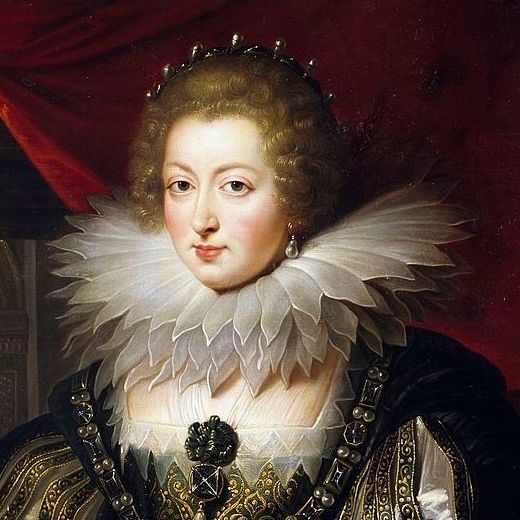
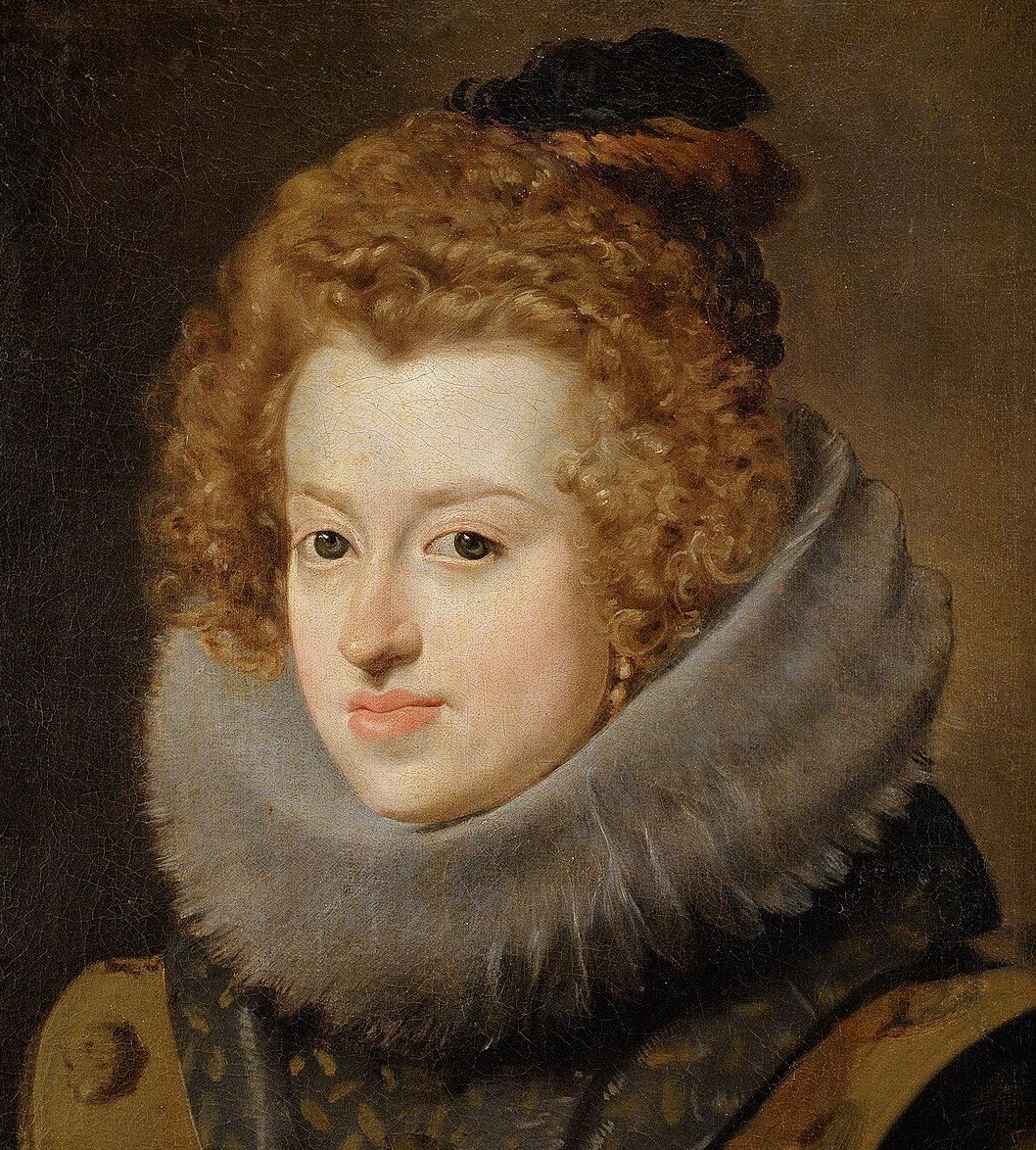
Spain At Last
You might think that by this point our Road Trip Saga has run out of bizarre coincidences and/or our overly enthusiastic bros would stop goofing off a little as they approach their destination, but fear not: this trip does not and will not even. Somewhere along the road to Madrid, our heroes find themselves in a roadside tavern, talking to a pleasant Spanish aristocrat who speaks English. They complement him on his English, but then Charles decides to ask if he's familiar with the tedious and reportedly unpleasant Spanish diplomat whose wife is—everyone agrees—far too hot for him? Speculation about the nature of their relationship had apparently been the talk around James' court recently![[5]] The pleasant atmosphere suddenly chills. Charles is, of course, speaking to that selfsame man, about his relationship with his wife. Tempers flare, Charles, naturally, doesn’t want to back down, and a duel is proposed betwixt the gentleman and Charles, Crown Prince of England. It apparently took all of their companions' skill to intercede here and prevent—at best—a Diplomatic Incident.
The astute among you may wonder: is this foreshadowing?
Yes, dear reader, this is foreshadowing.
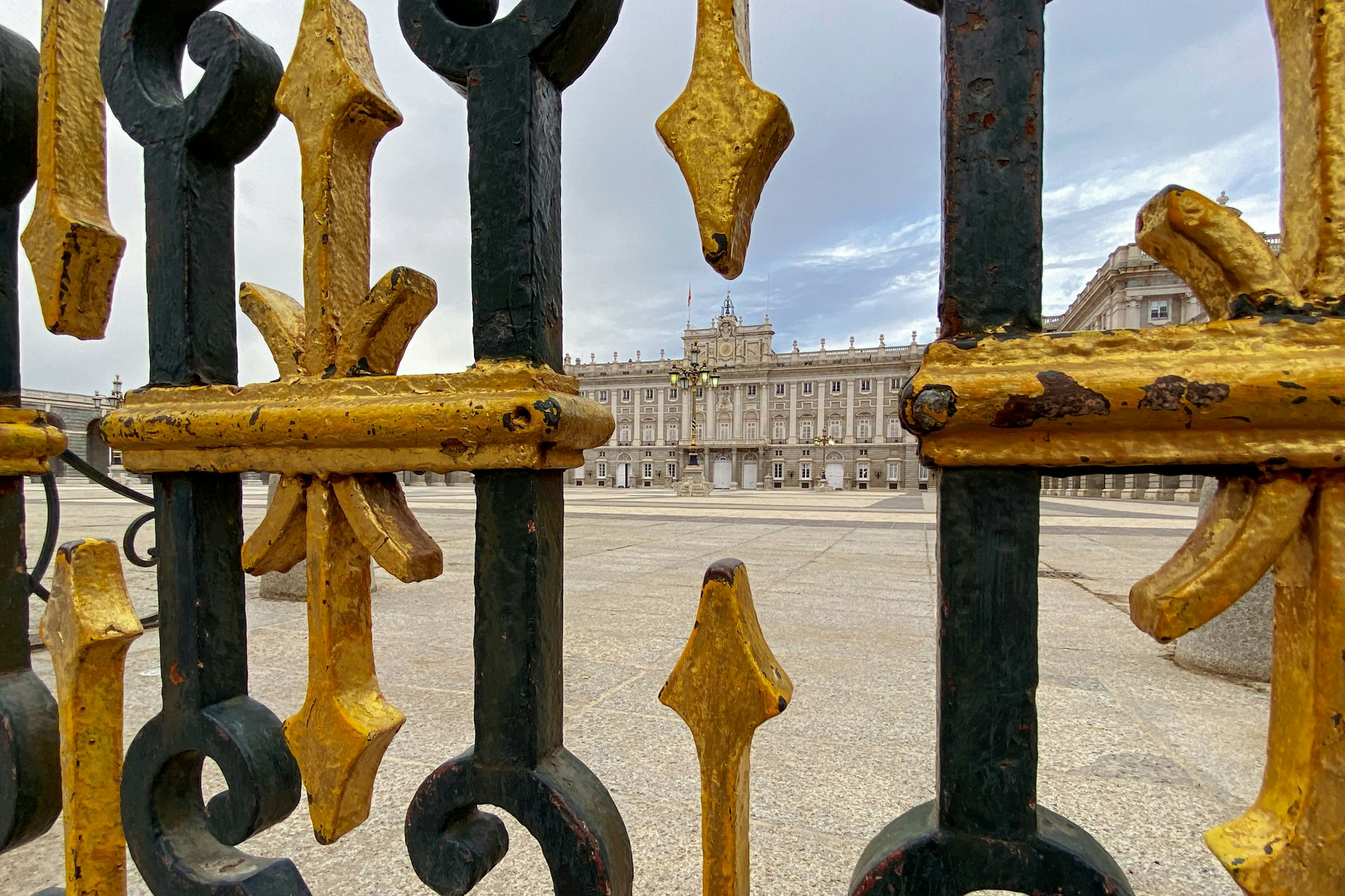
They arrive in Madrid on the 5th of March, 1623, and hasten to the very surprised to see them ambassador’s lodgings. One imagines the envoy to Spain—one of the most conservative, ritual-oriented, and tradition-bound courts in all Europe—opening the front door to see this pair on his stoop, somewhat bedraggled from the road, his mouth very much agape. Time to cast aside the vaguely-slumming-it robes, the false beards, the "Mr. and Mr. Smith" act, the Parisian wigs, and swoop in on the Infanta Maria to sweep her off her no doubt stunningly attractive feet.
“Ah”, the ambassador might well have said. “Gentlemen, we have a problem. You’re not legally allowed to be here and I cannot formally present you to the court until they have prepared all the rituals of state meetings to proceed you. I… shall head over there right away.”
And so during the first several days of their Madrid stay the pair enter into an official sort of non-existence, where they are invited to meet the Philip, King of Spain, but must remain concealed behind screens and he will not formally acknowledge them, just sort of talk to the air near them. In Philip’s court, his chancellor Olivares and Philip feel like they are on the cusp of a great diplomatic coup. This sudden incognito arrival can only mean one thing: Charles and Buckingham are so desperate for this marriage that they no doubt wish to convert to Catholicism! Insert your favorite Ron Howard narrator impression: "They did not, in fact, wish to convert to Catholicism."
The Spanish court, though, can't hear The Narrator, and swung into gear preparing for the great conversion. After the requisite official parades, the pair are formally introduced to court—but frustratingly, it seems as though Maria doesn’t actually want to meet them. And nobody will make her! Rude! Philip does have a panel of Catholic experts convened to answer all of the burning questions they so obviously have about Catholicism!
Buckingham agrees to meet with this august panel of experts pulled from all over the country, hoping to speed things along. However, his laissez-faire and brusque dismissal ("I don't actually have any interest in Catholicism... when can we meet the infanta, please?") wounds the Most Catholic court's pride. His total lack of interest in their theological lectures convinces Philip this isn’t going to end well, but hey… he has two “High-Value Targets” more or less under house arrest through formal court procedure here, so Efforts Will Continue To Be Made.[[6]]
Charles and Buckingham are not so happy about how all this is going. They are, however, quite enthusiastic about Spanish art and fashion. They go on absolute benders shopping for cool clothes and decorative art.[[7]] They become fashion obsessed to the point that they are writing letters home asking James for more jewels, obviously in an effort to keep up with the Juans. Disappointed at being repeatedly cock-blocked from even seeing Maria by her father, they gather vital intel on her daily schedule and resolve on a renewed and dashing course of action. Enough with the fiddle-faddling around with courtly procedure. Yes, they will jump the palace wall into the sacred private gardens and see if they can apply some of the good old fashioned romance novel stuff.
Scaling the wall in their newly jewel-bedecked finery, Charles and Buckingham move to intercept Maria’s retinue, but things—what else could they do—immediately go pear-shaped: Maria nopes right the heck out and starts power-walking away from these intruding heretics while her guards angrily confront the wall-hoppers. (Told ya about the foreshadowing.) The sides just barely avoid coming to blows once again. The only good thing to come of this, in Charles’ mind, is that he at last got to see his "beloved" and, apparently liking the cut of her aggravated jib moving swiftly away, decides the trip has been worth the hassle. He has to meet her. The right words to win her over will come to him in the moment of trial. The man cannot read a room.
Hearing of this desperation, Philip relents, and allows Buckingham to wingman a chaperoned meeting between Charles and Maria after they agree to take in a mass. Finally! An opportunity to win her over at last, even if it means attending a mass! Rising to his suddenly very nervous feet in the pleasant courtyard afterward—I mean, what does one say in these conditions—Charles starts fumbling around for words. Maria spares no time to make her very final and completely unmovable position clear, leaning right in with a shot at Charles' religion and his sister’s family: “If Protestantism is valid, then how is it that my uncle (the Habsburg emperor of Austria) managed to completely crush the rebellious protestants (led by your sister’s husband) despite being outnumbered?”
My sources do not record a response from a gobsmacked Charles. Some do suggest that Wingman Buckingham, unable to contain his patriotism, decided to fire back with a question about how the Catholic “Armada” had worked out the last time it tangled with a certain Protestant navy that oh, by the way, he was now in nominal charge of. Truly stunning work on the relationship building from Team Lads on Tour.
Needless to say, this encounter provides the overkill final nail in the coffin of Maria and Charles’s "storybook" romance. The extended parley was allowed to play out, with various machinations around Olivares, the Pope, multiple sets of agents, and the exact terms of the increasingly hypothetical nuptials. James did eventually extract his boys from the clutches of the Spanish court, months later, without too much loss of prestige—and hey, the two of them did inspire a laundry list of changes to English court style.
The pair had also so soured on the adventure that as soon as they were safely home they demanded a decalaration of war against Spain for thwarting their quest. James managed to hold a firm "no" to that. The Spanish ambassador, meanwhile, counter-proposed that the English parliament hold Buckingham accountable for his many insults and misdeeds in the Madrid leg of the Lads Tour—which certainly adds some characterization about who the “brains” of these many harebrained schemes might have been. Parliament was a no on that as well.
In a roundabout way though, their somewhat crazy idea for an romantic adventure actually did briefly let them meet (or at least watch from afar) Charles’ future Queen—but it was in Paris: Henrietta Maria was destined to be the Catholic princess that found herself wed to Charles.
Further Reading
This episode in history is known in academic circles as "The Spanish Match", and more background information on it and the key players can be found publicly on wikipedia. In compiling this somewhat more outré telling of events, I've relied on a couple of primary sources as well as a handful of specialty histories. As ever, the skeleton of this tall tale is woven from the truest bones I could find.
- Pauline Croft (2003). King James. Basingstoke and New York: Palgrave Macmillan.
- Glyn Redworth (2003). The Prince and the Infanta: The Cultural Politics of the Spanish Match. Yale University Press.
- Alexander Samson (2006). The Spanish Match: Prince Charles's Journey to Madrid, 1623. Ashgate.
- David Bergeron (1999). King James and Letters of Homoerotic Desire. University of Iowa Press.
- Sir Henry Wotton (1685). Reliquae Wottonae. London.
[[1]]: This would be George Villiers. I'm going to keep calling him Buckingham here, as it is the name by which he is better known today. He would not gain the "Duke of Buckingham" title until midway through this road trip. Also, Charles here is Charles I, who will go on to parliamentary infamy and civil war. But that's spoiling!
[[2]]: There is some reason to believe that Spanish diplomats miiiiight have influenced Charles a little bit here, as Gondomar, Spanish ambassador to Britain, kept up a more-hopeful-than-real correspondence with Charles about the Infanta’s mutual desire to be wed. This was almost certainly an effort just to keep the English mollified and out of Spain's continental affairs.
[[3]]: Indeed so: the more James fell for Buckingham, more and more ridiculous jobs got assigned to him. He is at this point literally in charge of the entire British navy. Over the next few years, he will make greatly humorous/tragic use of that position as well! There will be, in Buckingham’s future military endeavors The Expedition That Got Too Drunk To Carry On (Cadiz 1625) as well as The Time Our Siege Equipment Was Too Small (La Rochelle 1627).
[[4]]: This is also perhaps maaaaaybe a bit of a face-saving convenience.
[[5]]: For real! What are you doing, Charles? Could you just stop talking and read the room? No?
[[6]]: James sort of figures out, midway through their hijinks in Madrid and much to his distress, that his son and heir and his best boy are virtual prisoners, and all of his efforts to send more staff and supplies over become bent on the objective of bringing them home post-haste.
[[7]]: When Our Bros return to London, this will set off a complete overhaul of fashion and art styles across the British Isles.
Comments ()